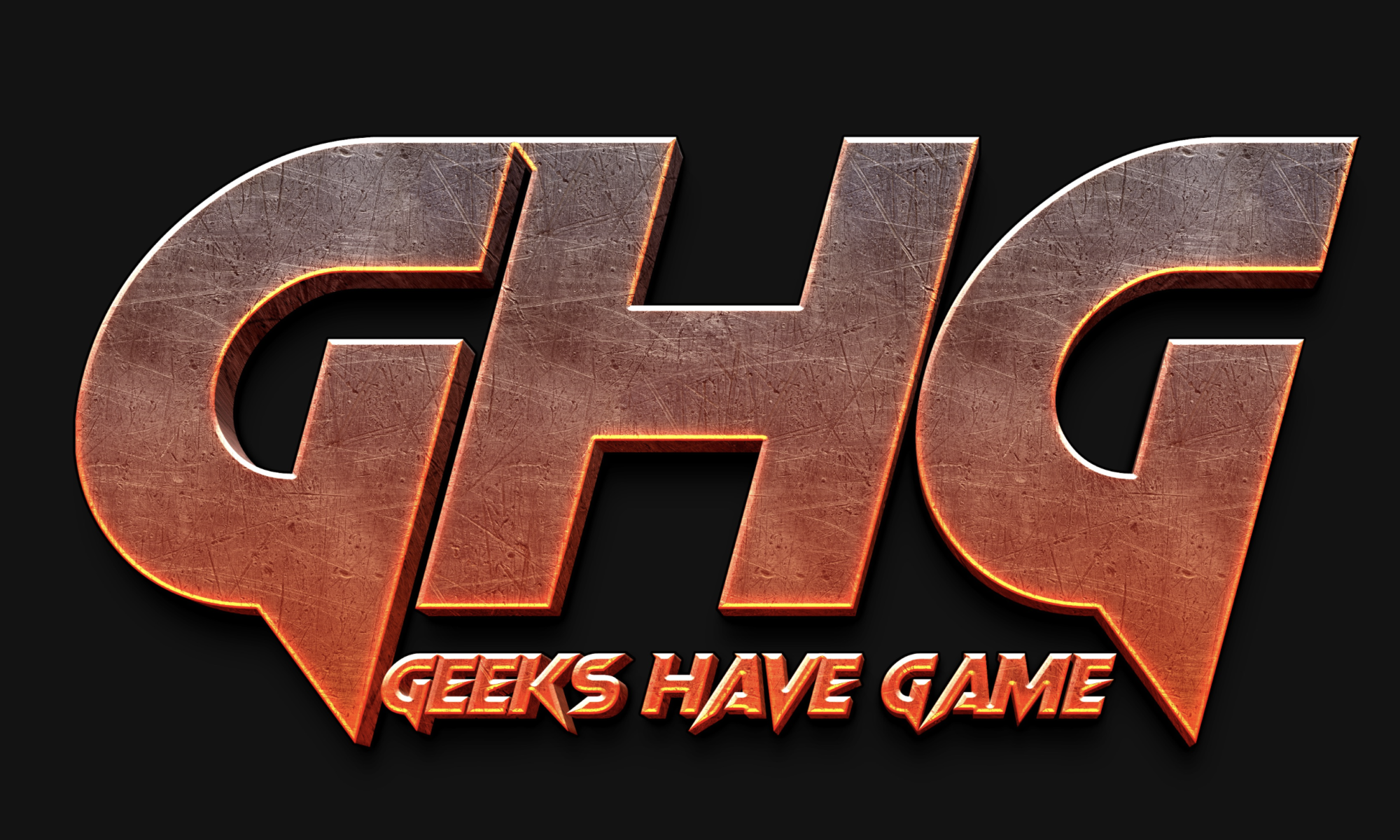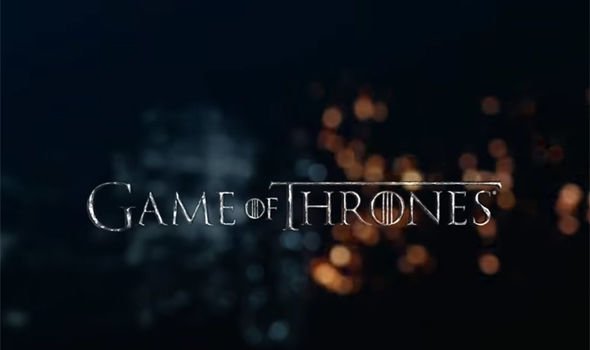
In Steve Oedekerk’s Star Wars parody, Thumb Wars, there is a sequence in the Death Star-parody where the Princess Leia stand-in — having been captured and mostly unseen for the entirety of the film — appears out of nowhere during the middle of a gunfight, and exclaims to no one “I escaped somehow! Let’s go!” Throughout most of “The Iron Throne”, the final episode of HBO’s sprawling cultural juggernaut, Game Of Thrones, one can’t help but constantly feel as Oedekerk had some hand in the plot mechanics of this episode — and for most of the season, too.
The events of the penultimate episode, “The Bells”, set a somber tone for the first half of “The Iron Throne”. Daenerys (Emilia Clarke), having stormed King’s Landing and committed genocide on most of its population, has settled into what remains of the Red Keep, which lays mostly destroyed. The Unsullied and the Dothraki hordes are making the most of their victory, and Daenerys herself has loftier plans to “liberate” the entire Known World under her guiding hand; crucially, this revelation is described in Dothraki, which none of our other protagonists understand…
In a shocked daze from the sheer magnitude of the destruction, Tyrion (Peter Dinklage) discovers the bodies of his brother and sister, embracing one another, in what remains of Maegor’s Holdfast, and quits his service as the Queen’s Hand after Dany reveals she knew he had set Jamie free during the events of “The Bells”. Ty’s taken prisoner, and is paid what he believes to be a last visit by Jon (Kit Harington). The first of only two interesting pieces of dialogue occurs here, as Tyrion works to convince Jon that (much as we, the audience, have known for some time) that he, Tyrion, has made a terrible mistake in serving Daenerys. As much as it pains him to admit as much, he’s done nothing for most of his life but serve mad, self-serving leaders, and the damage he’d wrought was incalculable.
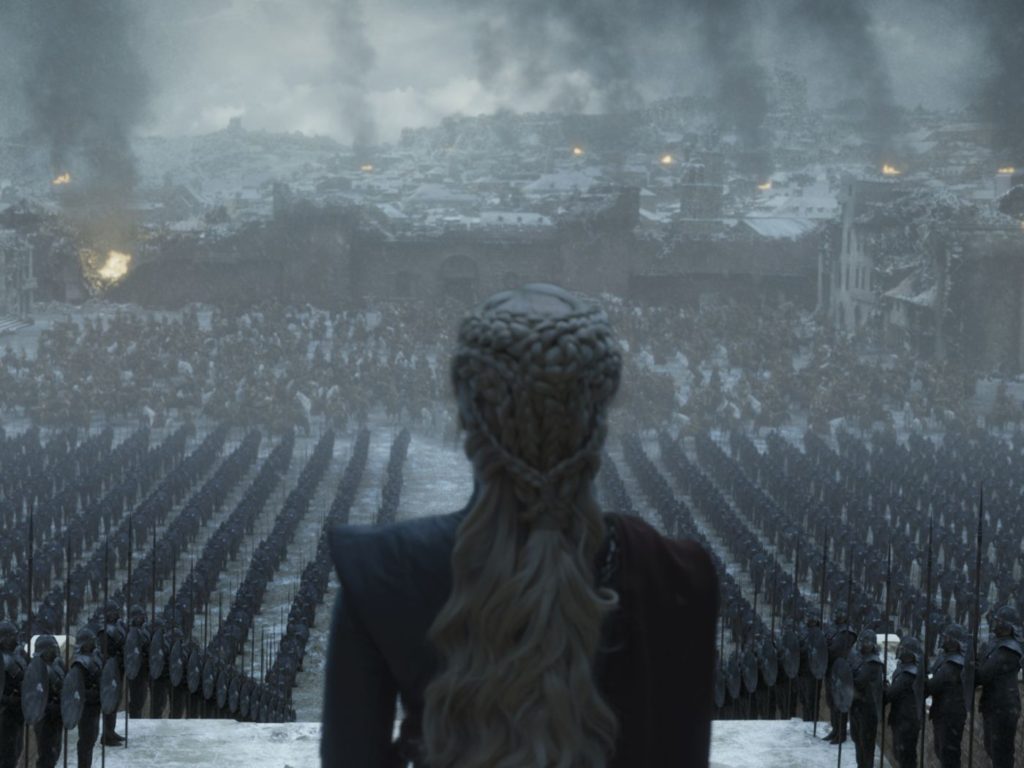
For Jon to be the one to kill Daenerys makes a squinty-eyed sort of sense… if only it had seemed more of a foregone conclusion. So often in this episode — as with most of this and the last season — events occur simply because with them occurring, there’d be no plot movement. Why would Raeghar (Wilf Scolding) be shot down so easily (from some distance away from Euron’s fleet, and from some height away), only for Daenerys and Drogon to swoop in and make short work of not only the entire Iron Fleet…but also the Golden Company, and all the scorpion crossbows?
Sure, Cleganebowl was an exciting spectacle, but the Mountain (Hafþór Júlíus Björnsson) just decides, for no real reason, to not only ignore his queen, and kill Qyburn (Anton Lesser), but attack the Hound (Rory McCann) for no reason. [[[And, hey! A single punch knocked most of Oberon (Pedro Pascal)’s teeth out; how the fuck did the Hound withstand seven hits?!]]] Of all people, why Bran (Isaac Hempstead Wright) as the king of the Six Kingdoms? He was given the least to do this season, and as vague as his abilities as the Three-Eyed Raven are, how does his new skill set translate to competent ruling?
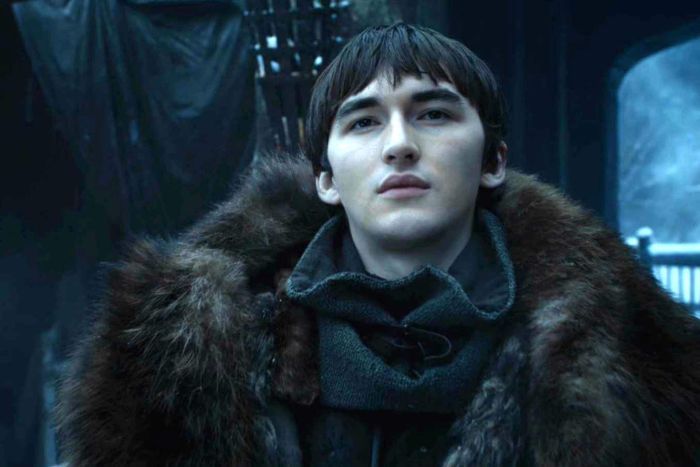
Had season seven ended with the Battle of Winterfell — as well as had the luxury of a full ten episodes, at least — and the focus this season been Daenerys’s descent into tyrannical madness, and the siege of King’s Landing, this season would have been much more satisfying. As it currently stands, showrunners D.B. Weiss and David Benioff (who also wrote and directed the finale) seemed so concerned with wrapping up the main plot, there was little focus on all the myriad plot threads. And there are an insane amount.
It’s bizarre to notice how rushed the season feels, while at the same time analyzing the buildup to the Battle of Winterfell, the deliberate pacing of “A Knight of the Seven Kingdoms”, and the admittedly impressive Razing of King’s Landing, which balanced horror with sheer fantasy spectacle. And yet, on the other side of that coin… we have Jon back at the Wall. And Bronn (Jerome Flynn), of all people, in the Small Council… handling funds?! Why aren’t Sam (John Bradley) and Ser Davos (Liam Cunningham) off with Jon; he’s their boy! And Grey Worm (Jacob Anderson) just shipping off to Naath after his queen… and Missandei!! (Nathalie Emmanuel) …get brutally killed; here he was executing Lannister troops in the street, and a few scenes later he lets live both of the men who betrayed Daenerys?

While we’re on that topic, how the hell was Jon captured after killing Daenerys? Not only were the two of them alone, but Drogon then takes her body and fucks off to who-knows-where… Did Jon go out into a crowd and say, “Hey. I done killed her.” I swear, it felt like there was a scene missing between Drogon flying off and Tyrion’s address to the Council of the Realm. Also, why was anyone listening to him? He was a prisoner: sure, his speech was damn great, and gets to the heart of what I try to point out every single day — that stories matter — but he was still Grey Worm’s prisoner! Ugh. It’s maddening.
As it stands, Ramin Djwaldi‘s score remained excellent throughout, and elevated most of the season, particularly the montage of the Stark children; Sansa (Sophie Turner) ruling an independent North actually is a fitting capstone to her story, and one that emboldens her as a character and feels like the next natural progression. Arya (Maisie Williams) shipping off to beyond the edges of the Known World is likewise a natural progression to her story; she’s evolved enough throughout these years that there’s nowhere in Westeros left for her to explore. And can we just take a moment to acknowledge that Alfie Allen‘s run as Theon was masterful, and of all the arcs, his is not only one of the most compelling, but the most fitting and well-deserved? Also, kudos to Sam for accidentally inventing democracy; although that went over about as well as could be expected in this universe. And say what you will about the writing, but this season was gorgeously captured, with several shots deserving of being framed on a wall in a den.
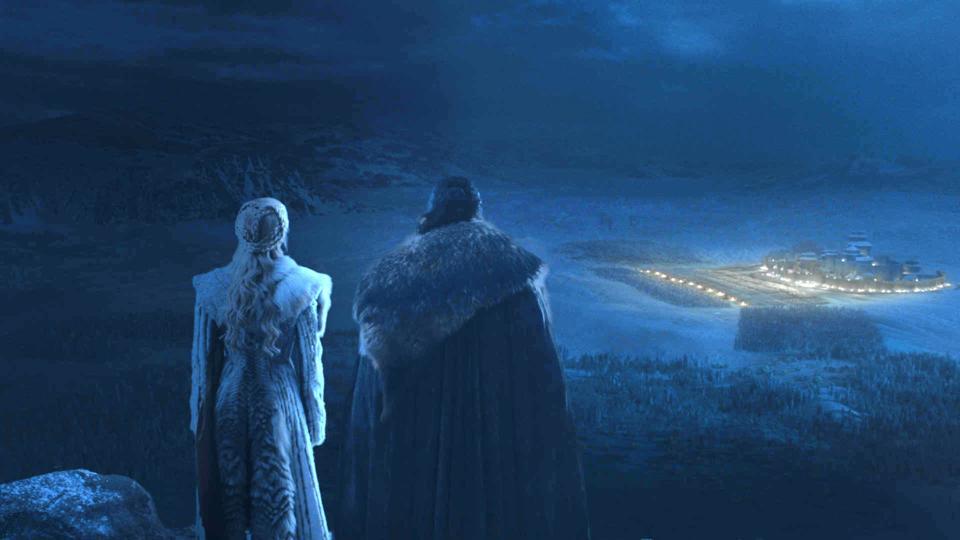
Ultimately, what is Game of Thrones about? Ostensibly, it is about the power of stories, and myths, and the realities that created those myths to begin with, and the prevailing power of telling tales (much as a young Sansa was enthralled with tales of knights and princesses in season one… the reality was much dirtier). But it’s also about the murky, dirty, messy, conflicting movement into a more progressive society. Drogon’s melting of the Iron Throne is about as clear a metaphor of the breaking of patriarchy as it could have been.
Or.. at least it could have been– and was steadily heading in that direction up through Season Six or so. As it stands, it really is an achievement… a monumental one… that this show exists at all, and was as popular as it has been, having permeated the social zeitgeist as it has, really is special and unique. While this watch has ended, and the landing is not at all perfect, to have made it to this ending — as messy as it was — is a testament to itself. And hey, at least there are at least six-and-a-half great seasons to rewatch. 3/5 Pats of Ghost’s Head.
-J.L. Caraballo
